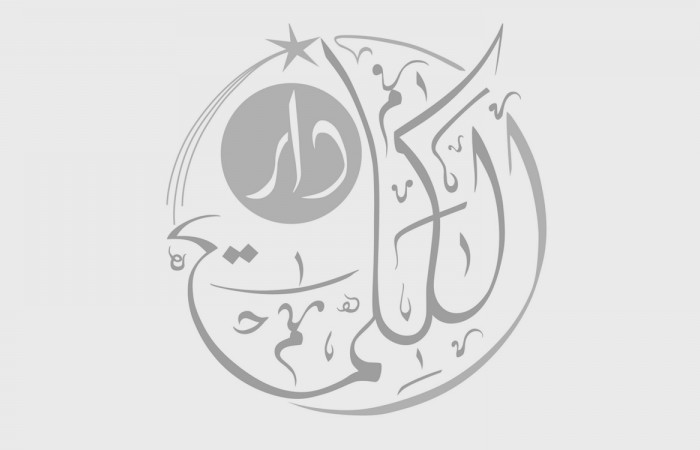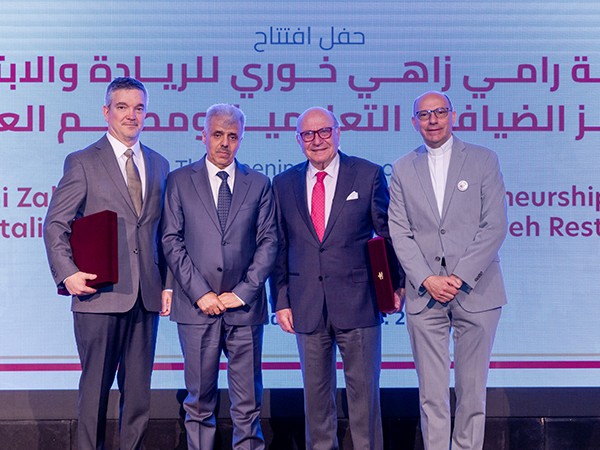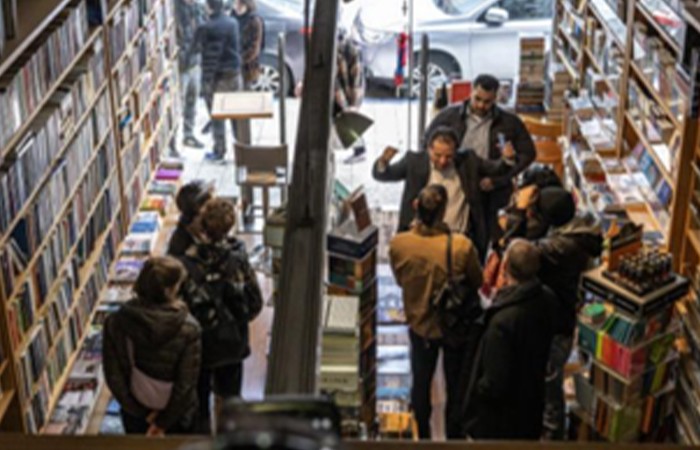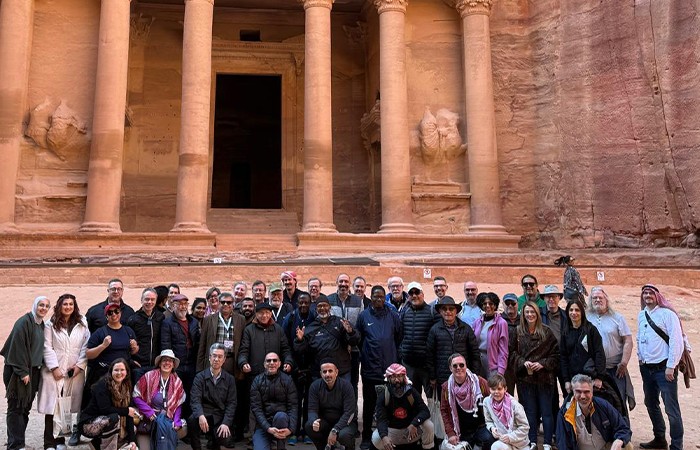Latest News
“Jerusalem: National, Religious, and International Dimensions”
From November 22nd through November 25th, the Dar al Kalima University College of Arts and Culture hosted its 16th annual International Conference in Bethlehem, Palestine. The event is a part of a series of academic programs and conferences launched in 2005 on the topic of “Shaping Communities in Times of Crisis: Narratives of Land, Peoples, and Identities.” The conference, entitled “Jerusalem: National, Religious, and International Dimensions,” aimed to spark an international dialogue on the multitude of narratives and identities connected to contemporary Jerusalem. Participants in the conference investigated and analyzed these narratives, attempting to disentangle historical truth from religious aspiration and expose the political commitments and agendas which shape the local social landscape. By engaging with these questions, the conference began to address the challenges facing a diverse and cosmopolitan Jerusalem.
Coming at a time when the issue of Jerusalem is particularly wrought, just months after the American President Donald J. Trump moved the American Embassy to Jerusalem in contradiction to international law, the conference is a timely examination of the multitude of narratives and politics that affect the city and, consequentially, a just peace for Palestine.
The conference was held in English on November 23rd and in Arabic on November 24th, with simultaneous translation into the other language provided each day via headphones. Academics and experts from the fields of Political Science, History, and Anthropology from around the world participated in the event, which was hosted with the support of the EMW Foundation and the Konrad Adenauer Foundation in Ramallah. Leaders of the three groups opened the conference on Friday.
The Rev. Dr. Mitri Raheb also presented new research on the presence and influence of Christian institutions in East Jerusalem. The research included a comprehensive survey of these institutions and the work they achieve and provided key insights into the future of Jerusalem and ways to preserve Palestinian Christian presence in the area.
Other sessions at the conference focused on the following topics: “Holy Places: The Current Situation and Political Discourse,” “Jerusalem: Conflicting Christian Perspectives,” “Barriers and Borders: Socio-Cultural Relationships between Christians in Jerusalem,” “Jerusalem in Contemporary Political Song: Between Establishing Identity and Confronting Judaisation,” “Jerusalem in Contemporary Palestinian Discourse: A Study of Semiotics,” “The History of Palestinian Libraries in Jerusalem under Occupation: 1948 – 1993,” “International Law After the American Decision to Transfer the Embassy,” “The Hashemite Guardianship from a Legal Perspective,” “Hashemite Care of Islamic and Christian Holy Sites in Jerusalem,” and “Jerusalem and the Vatican.”
During the conference, the 2018 Karimeh Abbud Photography Award was also awarded. This annual award restores a forgotten past of female Palestinian photographers in the early 20th century and brings that legacy into present and future Palestinian generations. This year’s contest drew in a large number of entries on the theme “Jerusalem through a Palestinian Lens.” The winning series, “No Parking Without Permission, Jerusalem,” photographed by Palestinian artist Alexandra Sophia Handal, captures scenes from West Jerusalem neighborhoods as viewed through various barriers – fences, bushes, and gates. By capturing these familiar sights through barriers, Handal expresses the feeling of loss and separation experienced by Palestinians if and when they are able to visit the city.
The conference concluded with a session entitled “Is There Hope for Jerusalem? Prospects for Peace and Development.” Speakers from the Palestinian Democratic Union (FIDA), the Palestinian National Liberation Movement (FATAH), and the Ministry of Jerusalem Affairs gave their perspectives on the future of Jerusalem.
At the conclusion of the conference, participants issued a series of recommendations, including a call to all researchers on the subject of Jerusalem to continue to enrich the resources and academic debates concerning the city. The issue of Jerusalem is not merely a political battle, but also an academic struggle. All the research presented at the conference will be published in English and in Arabic in January of 2019.











